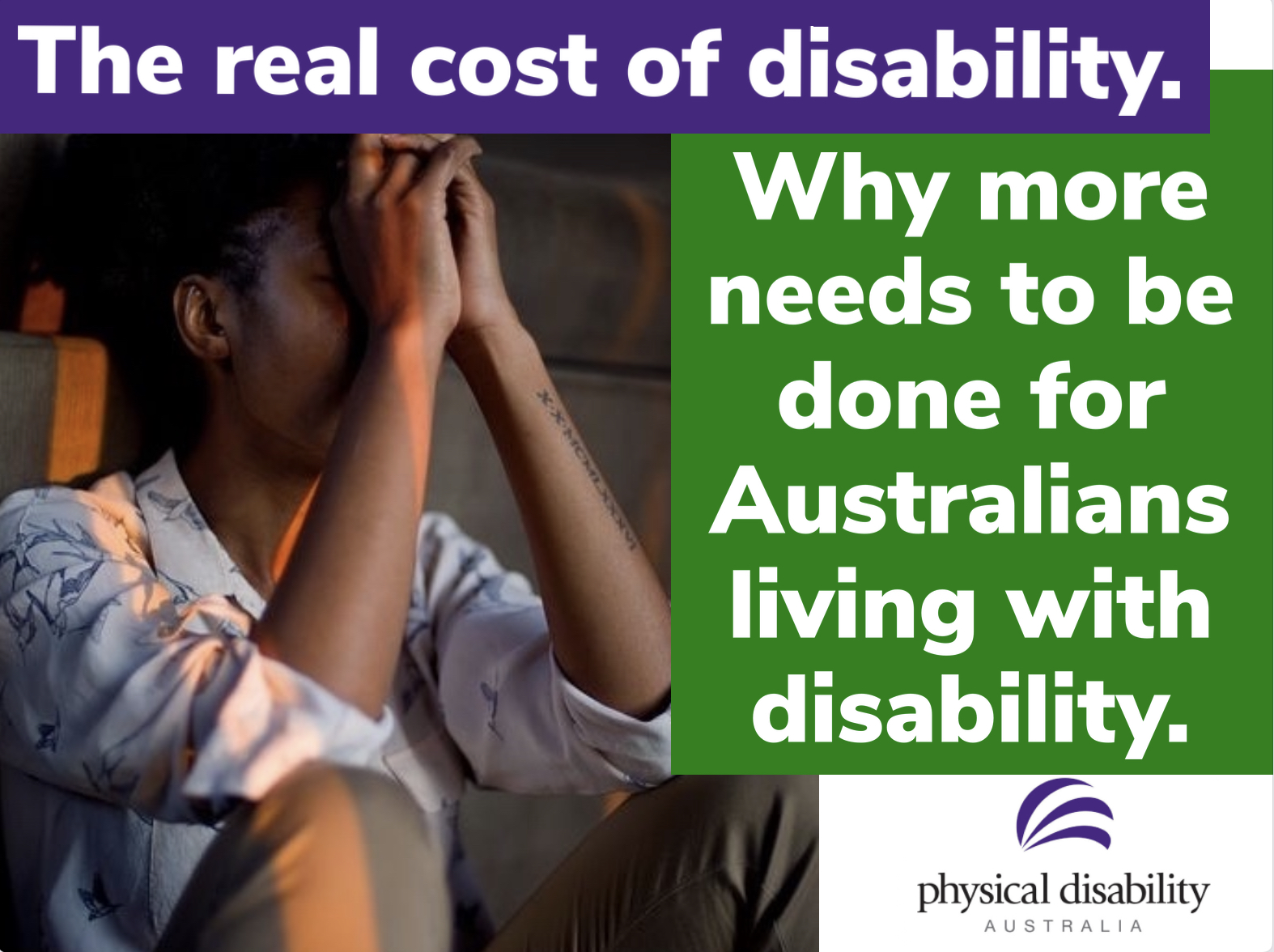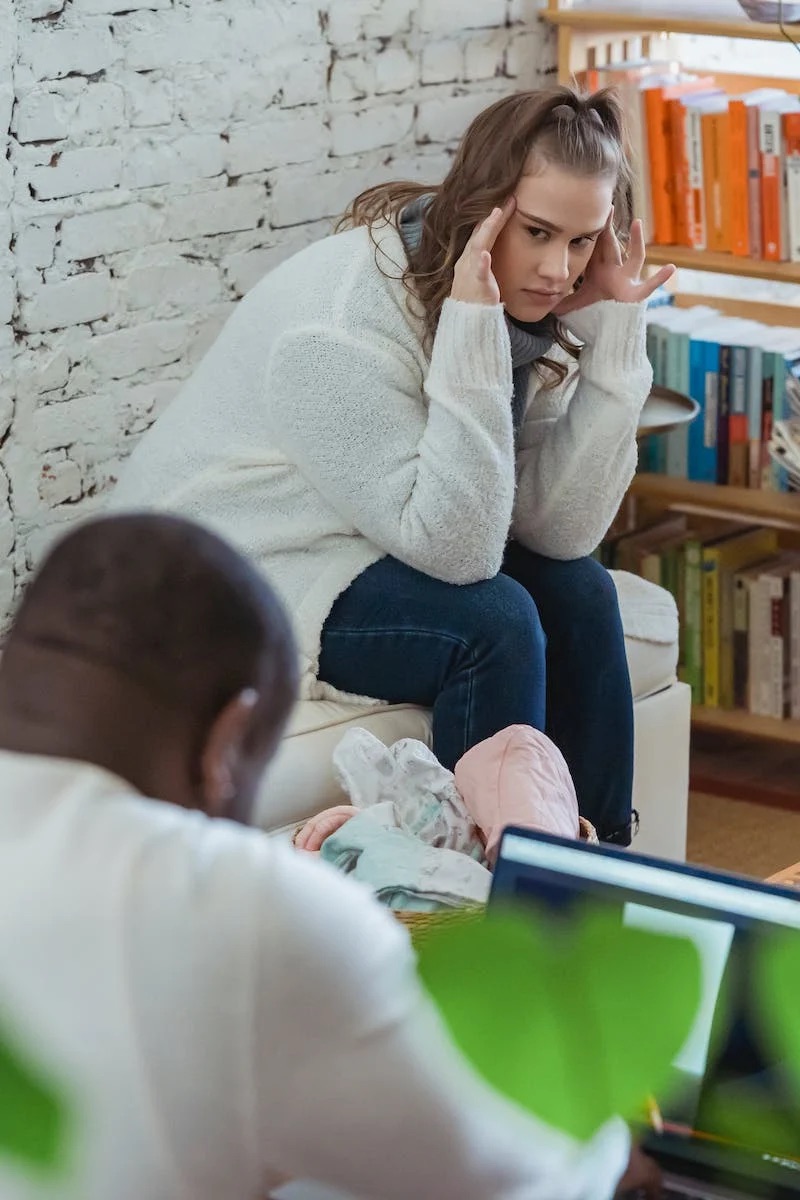The most terrifying experience of my life was the day that my voice was taken away.
Written by Tammy Milne – PDA TAS Associate Director
The most terrifying experience of my life was the day that my voice was taken away.
For most of my life I have lived with paralysed vocal cords. If I was a horse I would have been shot! In horses it’s called roaring and means they struggle to breathe and make a noise like they are roaring for breath and that’s exactly my experience. Most people breathe through a nice big fat airway like a hose pipe, with me it’s like I breathe through a piece of spaghetti, dragging each breath in slowly and using all my energy to do so. It feels horrible and sounds horrible and basically it is horrible, but I have learned to live with it.
Then came Covid-19. I contracted it in April. My spaghetti pipe was congested, but somehow I coped ok. Then the next month came, along with virus number two and then virus number three.
I presented at the ER every day for four days, unable to breathe and really struggling. The ER doctors finally wrote a referral to my GP to ENT services in Hobart. After some issues with miscommunication, the referral was sent through. Two weeks later I was in Hobart’s Specialist Clinics.
My lovely ENT doctors Raj and Nicco were like excited children when they looked down my throat with the scope. Like I knew I was bad and had been getting worse with age and since covid, but I had no idea that it was that critical. I was breathing through an airway space of about 2mm and my vocal cords were static – neither opening or closing as normal vocal cords should.
I was categorised as CAT 1A which is basically top of the list of elective surgery and was told I would be operated on within a month after some other tests were completed.
So on the 5th October I presented at Wellington Clinic for my pre-admission. I spent the next day and a half trying to have as much fun as I could, which also included getting a guardianship order to give my daughter power of decision making if things didn’t go well. Not the state guardianship orders, but my own private lawyer drew them up. Something that I suggest everyone should do before something huge like this.
At 6.45am on Friday 7th October, I presented for admission and at about 11.30am I was sitting in recovery drugged to the eyeballs – breathing like a marathon runner but not able to speak. My voice was gone. The operation of which I had consented to save my life involved cutting a section of my vocal cord to make the opening to my airway bigger. For this to happen and for recovery I was given a tracheotomy. I now breathe through a pipe in my neck. This will be temporary as my vocal cords heal.
So what happened next?
I have a second language. I use Auslan (Australian sign language) – the language of the Deaf. So as soon as I woke up from surgery I defaulted to sign. Many people who have a second language do this when they are unable to communicate in their first language. The thing is not one of the hospital staff could sign AT ALL.
The more I couldn’t communicate, the more frustrated I became. I am an advocate. I self advocate and I advocate for others. Communication is part of my being – as it is for everyone. Can you imagine what it is like to wake up with your voice is gone? It’s like your autonomy is gone. Things happen to you rather than you having a say and being able to ask questions. The fear is real. Your control is gone and you are helpless.
I was given a communication whiteboard early on but, as my frustration levels increased and my fear escalated (especially after the drugs wore off), my handwriting became increasingly hard to read. It’s funny as when I did a prac on a prep class they actually told me my handwriting was terrible. Out of the mouths of babes!
I continually asked each new nurse, doctor, physio, speech therapist, dietican if they could sign? They could not. By day two my daughter was coming into ICU , interpreting regularly. She grew up with Deaf kids in her class throughout her schooling and of course I have signed with her throughout her life. On one occasion she sat and interpreted for 4 hours straight. Relaying my fears and anxiety to the nursing staff.
It wasn’t until day 8 post surgery that a professional interpreter was booked to come. I was to have my tracheotomy changed and she was able to voice all my concerns that I signed to her about what was going to happen. I could have cried with gratitude. I could sign, “ouch that hurts” as the procedure went on! She was there to be my voice and I could communicate freely again.
Coincidentally that night a young Doctor, Dr Dave, came to change my cannula and he too could sign. However, he was from Ireland so his signing was like the difference between German and English. But he understood and had seen how vital sign language was for his sister at home in Ireland using sign language. We had a good chat with writing things down and mime.
After working as an interpreter for the Deaf for the first 16 years of my Education Department career, and being involved in the Deaf community, like most people I still only had an empathic view of what it’s like to not be understood. Of having your means of communication not understood by the wider community, of the discrimination, the miscommunication, the lack of control and the loss of autonomy. Like them, things happened to me rather than my being involved in decision making with a clear understanding of what was going on. I couldn’t ask my questions freely. I was silenced.
This experience has taught me so much! Sign language needs to be a part of our health system. There needs to be charts of key word signs in each room with words like toilet, food, drink, pain, yes and NO! There needs to be more access to interpreters in ED. Imagine coming into ED and not being able to communicate your needs? There needs to be sign language classes built into nursing courses at University.
The benefit of this is that student nurses will see what it’s like to be from a background where English is not your first language. It’s not just the Deaf who use sign language. Many people with intellectual disabilities also use key word sign, just like Dr Dave’s sister in Ireland. Lastly, we need to introduce sign language to practising nurses on the wards. We could run some classes. Heck I’m up for it! If just one nurse on a shift had at least the basics of sign, imagine what that would have done for me and for my comfort during my hospital stay. So I plead with government to listen to my story and move forward with a plan to make communication more inclusive for Deaf and intellectually disabled people in hospitals and for people like me. My experience was only for 8 days, but those 8 days were the most terrifying and frustrating time of my life. My voice will come back, but the lingering memories of being isolated and alone will not leave me.













